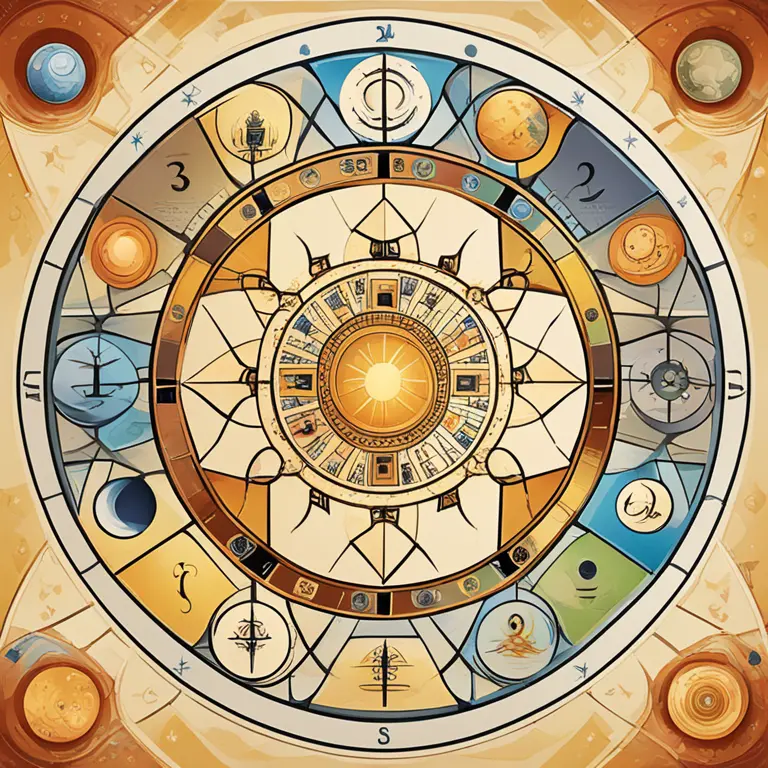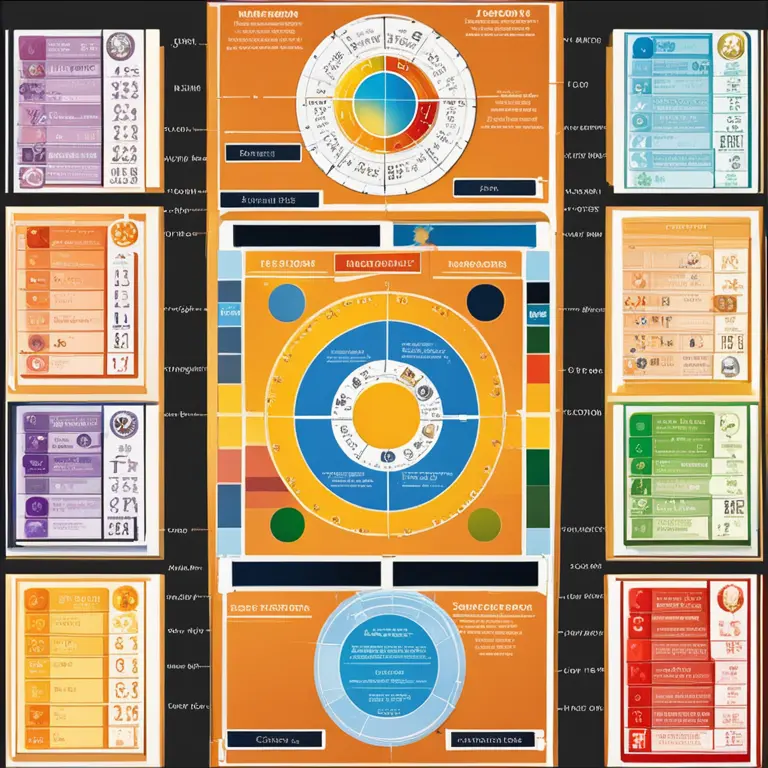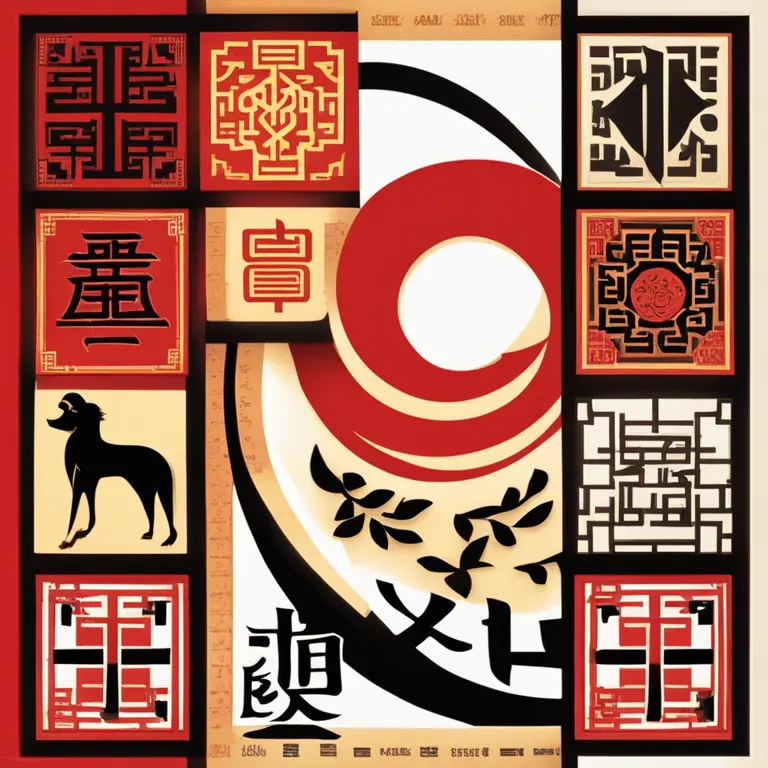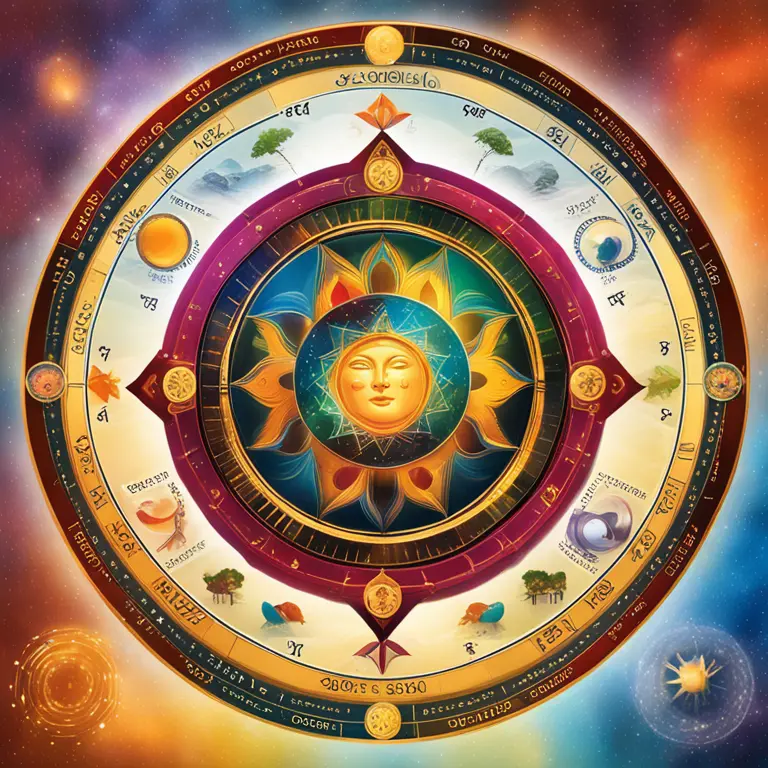
Choosing the Best Astrology System for You
Compare and contrast different astrology systems to find the best fit for your spiritual journey and self-discovery.
article by Priya Deshmukh
Introduction to Astrological Systems
Astrology is a multifaceted practice with ancient roots, used for centuries to glean insights into personality, destiny, and relationships. Its complexity arises from various systems, each offering unique perspectives. As we tread into 2024, the quest for self-understanding through astrology persists. This article examines popular astrology systems—Western, Vedic, Chinese, and Hellenistic—highlighting their distinct features to aid in determining which might resonate most with your personal exploration.

Western Astrology: Zodiac Signs and Planetary Aspects
Western astrology, prevalent in the Americas and Europe, is based on the Tropical Zodiac, which is aligned with the seasons. It emphasizes the sun sign as a principal component of one's astrological profile. Western astrologers employ a chart system that takes into account not only the position of the sun but also the moon, planets, and the 12 houses, each representing different life areas. Its focus on psychological aspects makes it a system that's not only future-oriented but also used as a tool for personal growth and understanding.

Vedic Astrology: Karmic Insights and Astral Alignment
Vedic astrology, also known as Jyotish, has its origins in ancient India and aligns with the Sidereal Zodiac based on fixed constellations. It offers a karmic perspective, suggesting that one's birth chart is a reflection of past life deeds. This system is comprehensive, including dashas (planetary periods) and intricate chart analyses, providing predictive insights and remedial measures. Vedic astrology's depth is seen in its use for not only forecasting but also guiding spiritual practices and life decisions.

Chinese Astrology: Animal Zodiac and Elemental Forces
The Chinese astrology system is an integral part of Chinese tradition, structured around a 12-year cycle featuring animal signs and associated with five elements—wood, fire, earth, metal, and water. Each year relates to a specific animal and element, offering personality traits and destiny forecasts. Derived from ancient Taoist philosophy, it interweaves cosmology and medicine, influencing the everyday life of millions. Its systemic approach to predicting and planning life events makes it a vital cultural cornerstone.

Hellenistic Astrology: The Root of Tradition
Hellenistic astrology is the foundation from which many modern Western practices stem. Originating in the Hellenistic period, it incorporates techniques from Mediterranean and Near Eastern regions. While its usage has waned, a revival has seen a resurgence in astrologers delving into ancient texts to reconstruct this tradition. Focused on planetary periods and return charts, it provides a historical perspective that contributes to a richer understanding of astrology's evolution and practice.
Evaluating Personal Resonance and Practicality
Choosing the 'best' astrology system is a highly personal and subjective endeavor. It involves considering your cultural background, the type of insight you seek, and your willingness to explore deep or complex astrological interpretations. It's recommended to seek experiences with each system—either through readings or personal study—to discern which resonates with your intuitive understanding and the types of questions you're seeking answers to.
Published: 2/13/2024
Modified: 2/13/2024
More predictions
Come back here soon to learn more about yourself and your future


The Tarot Queen of Pentacles: A Rich Symbolism
Delve into the symbolism and meanings of the Tarot Queen of Pentacles to enhance your readings and personal insights.


The Tarot's Queen of Pentacles: A Guide to Practical Wisdom
Delve into the significance of the Tarot's Queen of Pentacles and discover how this card symbolizes nurturing abundance and material mastery in readings.


The Tarot Queen of Cups: A Sign of Compassion and Insight
Delve into the symbolism and significance of the Queen of Cups in Tarot, uncovering her nurturing essence and intuitive power in divination.